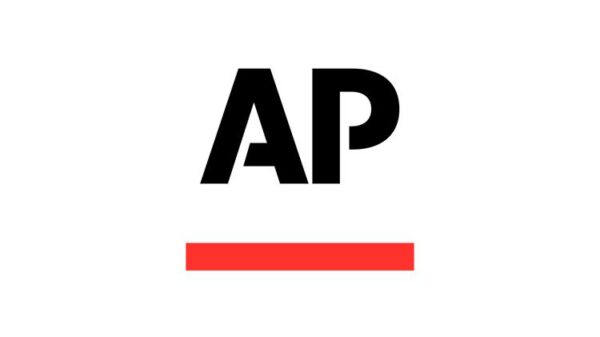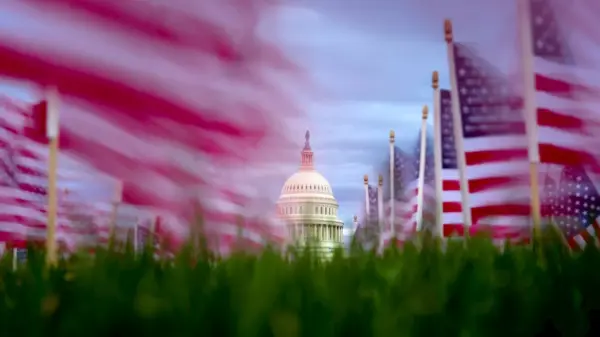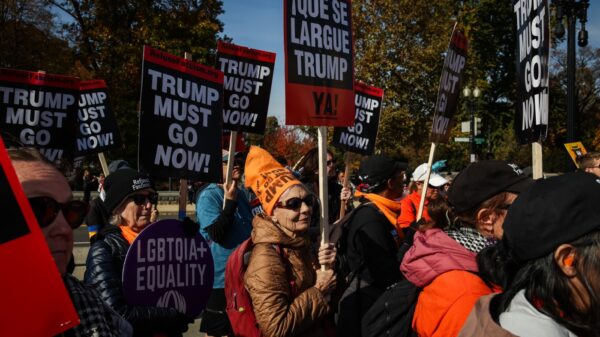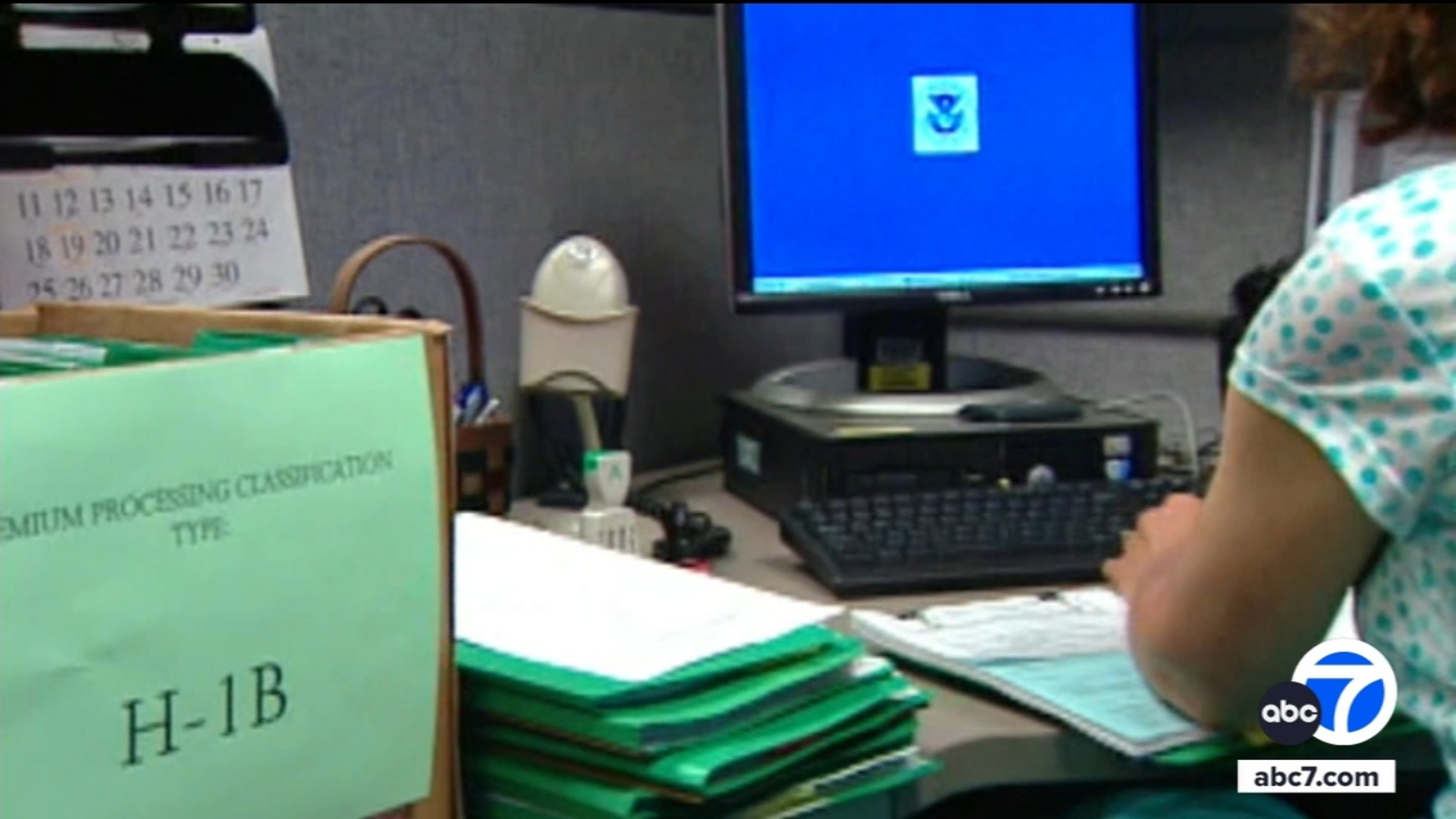UPDATE: President Donald Trump has just signed a controversial proclamation imposing a staggering $100,000 annual fee on H-1B visa applications for highly-skilled foreign workers. This sweeping measure, announced on Friday, October 20, 2023, also introduces a $1 million “gold card” visa aimed at wealthy individuals seeking a pathway to U.S. citizenship. The changes are expected to trigger significant legal challenges and widespread criticism.
This dramatic increase in visa fees represents a monumental shift in immigration policy, as the fee for H-1B visas will soar from the current $215. Investor visa fees are also set to escalate, rising from the previous range of $10,000-$20,000 annually. These new financial burdens will likely impact the ability of tech companies, which rely on skilled foreign workers, to fill crucial positions.
Critics argue that the H-1B program is exploited by companies looking to hire overseas workers willing to accept salaries as low as $60,000, significantly undercutting the typical compensation of U.S. technology employees, which often exceeds $100,000.
“This move sidelines Congress and threatens to undermine the very fabric of our workforce,” said a spokesperson for the American Tech Workers Association.
As these developments unfold, the implications for both businesses and foreign workers in the tech sector are profound. If the new fees withstand judicial scrutiny, they could deter foreign talent from seeking employment in the United States, exacerbating existing labor shortages in key industries.
The announcement comes as part of the administration’s broader efforts to reshape immigration policies without legislative approval, a strategy that has drawn ire from both lawmakers and advocacy groups. Legal experts predict a fierce backlash that may challenge the legality of these changes, potentially delaying their implementation.
Looking ahead, stakeholders in the tech industry and immigration advocacy groups are poised for a heated debate, with many urging swift legal action against the proclamation. As the situation develops, the impact on the U.S. labor market and the tech industry’s ability to attract top talent remains uncertain.
Stay tuned for more updates as this story develops.





































































